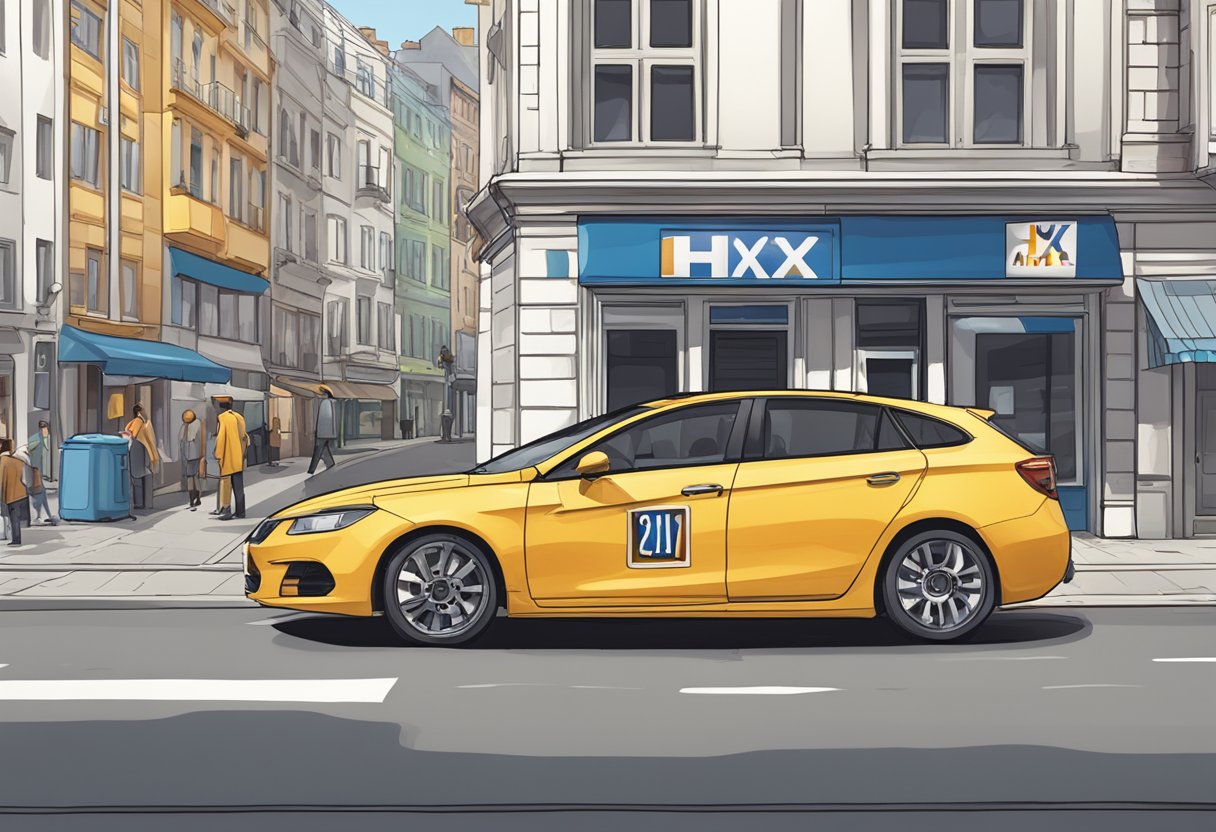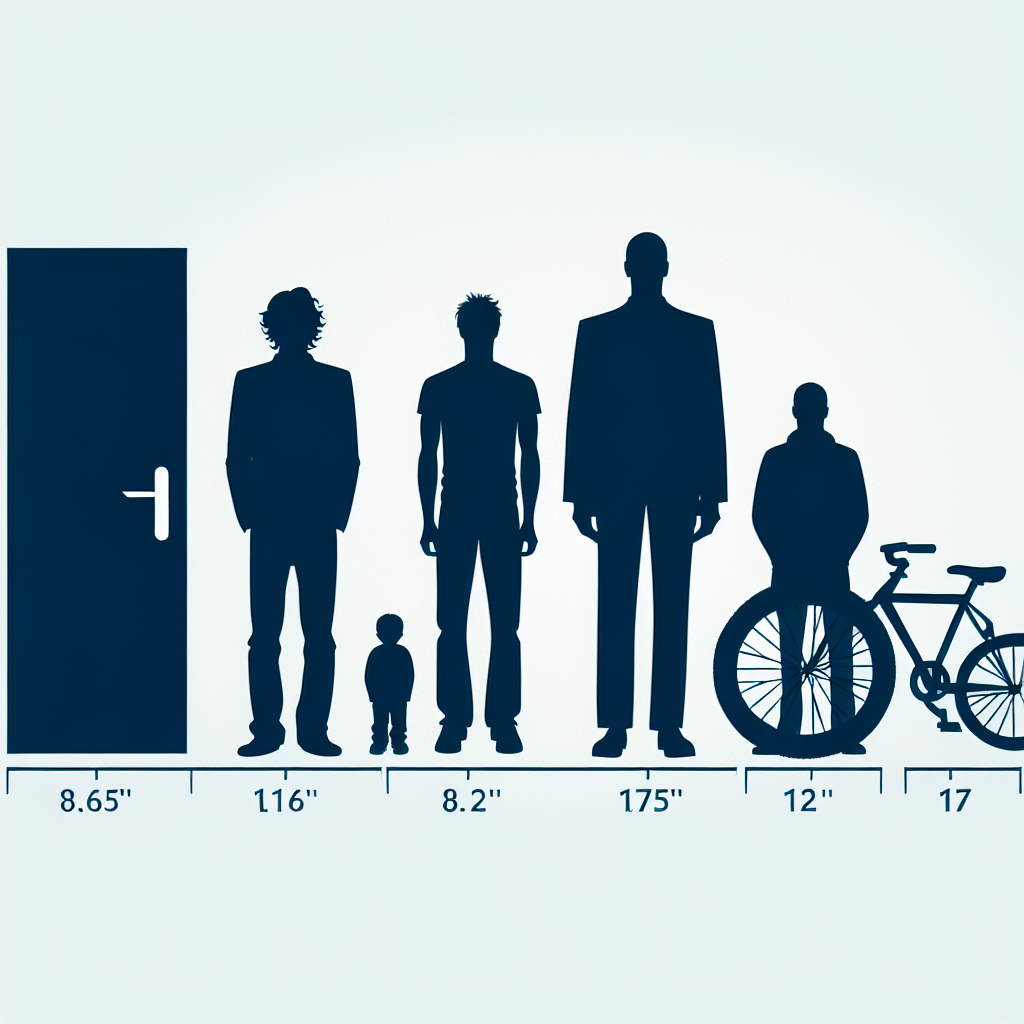What to Expect from Bio Hybrid Cars in 2025
With the automotive industry evolving rapidly, bio hybrid cars are set to revolutionize the way we think about sustainable transportation. Here’s what you need to know about the bio hybrid cars anticipated for 2025.

Introduction to Bio Hybrid Cars
Bio hybrid cars combine traditional internal combustion engines with renewable energy sources, leveraging both biofuels and electric power. As we approach 2025, these vehicles are poised to become a significant part of the automotive landscape, responding to the growing demand for environmentally friendly and efficient cars.
Key Features of Bio Hybrid Cars in 2025
- Enhanced Fuel Efficiency: Expect bio hybrid cars to substantially improve fuel economy by using biofuels derived from organic materials alongside electric power.
- Advanced Battery Technology: 2025 bio hybrids will feature next-gen batteries with improved energy storage and faster charging times, thanks to advancements in lithium-sulfur and solid-state batteries.
- Integration with Smart Technologies: These vehicles will likely include smart connectivity features that allow for real-time monitoring of fuel consumption and emissions, alongside optimized route planning for reduced environmental impact.
Environmental Impact
One of the main advantages of bio hybrid cars is their lower carbon footprint. Using biofuels and electricity can significantly decrease greenhouse gas emissions compared to traditional gasoline or diesel engines. By 2025, it is expected that governments and regulatory bodies will implement more stringent environmental standards, making bio hybrid cars an appealing alternative for environmentally conscious consumers.
Market Trends and Consumer Preferences
The interest in bio hybrid vehicles is driven by several factors:
- Government Incentives: Many countries are offering tax breaks and subsidies for bio hybrid vehicles to stimulate eco-friendly transportation.
- Consumer Awareness: With rising awareness about climate change, consumers are more inclined to choose vehicles that contribute to sustainability.
- Cost of Biofuels: Reduced costs in producing biofuels may lead to lower overall costs for consumers, making bio hybrid cars financially attractive.
Challenges Facing Bio Hybrid Cars by 2025
Despite their promise, bio hybrid cars will face significant challenges:
- Infrastructure Development: The availability of biofuel and electric charging stations is critical for the widespread adoption of bio hybrids. Continued investment in infrastructure is necessary.
- Public Perception and Education: Consumers might have misconceptions around sustainability and performance of bio hybrids that need to be addressed through education and awareness campaigns.
- Technological Advancements: Continuous research and development are crucial in enhancing efficiency and biofuel production to make these vehicles viable in the long-term.
Top Bio Hybrid Car Models Expected in 2025
Several automakers are making strides toward producing innovative bio hybrid vehicles by 2025. Here are some models generating buzz:
- Toyota Mirai Plug-In Hybrid: Expanding on its hydrogen technology, Toyota plans to integrate biofuel options, enhancing the car's green credentials.
- Honda Insight Bio Hybrid: Rumored to include a dual-motor hybrid setup that uses both electric and biofuel capabilities, showing promising efficiency ratings.
- Ford EcoSport Hybrid: Ford aims to tackle the compact SUV market with a bio hybrid version, catering to environmentally-conscious urban drivers.
- Volkswagen ID.4 Biogas Hybrid: Combining its popular electric ID.4 with biogas technology, Volkswagen is creating a compelling alternative in the crossover segment.
Conclusion
In summary, bio hybrid cars in 2025 will likely represent a major advancement in the automotive sector, combining environmental sustainability with cutting-edge technology. As manufacturers overcome challenges and increase production, the role of bio hybrid cars will grow, contributing to a greener future.
For more updates on bio hybrid technology and trends, stay tuned!
New posts

The Rise of E-Mobility Start-Ups: Transforming the Future of Transportation
Electric Vehicles

Understanding the Percentage of Electric Cars in Norway: A Comprehensive Analysis
Sustainability

Exploring Electric Car Battery Swap Stations: A Revolutionary Solution for Sustainable Transportation
Electric Vehicles

Latest E-Mobility News: Trends, Innovations, and Insights
Sustainability

The Future of Performance: Exploring Audi Quattro Electric Technology
Sustainability

Understanding Bio Hybrids: Revolutionizing Biotechnology
Technology

Bio Hybrid vs Electric: Which Is the Future of Sustainable Driving?
Innovation

Exploring the Audi Quattro Electric Range: Performance, Efficiency, and Features
Electric Vehicles

Audi Quattro Electric vs Tesla Model Y: A Comprehensive Comparison
Electric Vehicles

What to Expect from Bio Hybrid Cars in 2025
Sustainability
Popular posts

The Rise of Polestar Motorcycles: A Comprehensive Look at This Exciting New Player
Sustainability

Maximize Your EV Experience with a Wallbox Garage: All You Need to Know
Home Improvement

Exploring NIO Power Swap Stations: Revolutionizing EV Ownership
Sustainability

Exploring Apple Project Titan: The Future of Autonomous Vehicles
Innovation

How Do Electric Car Incentives Work? A Detailed Guide
Sustainability

The Rise of Eco-Friendly SUVs: What You Need to Know
Sustainability

Hydrogen vs Electric Cars: A Comprehensive Comparison
Sustainability

The Latest Insights and Trends in EVNews: Your Go-To Source for Electric Vehicle Updates
Sustainability

Unveiling the Latest E-Mobility Trends in Europe
Technology

Exploring the World of EV Magazines: Your Ultimate Guide
Sustainability